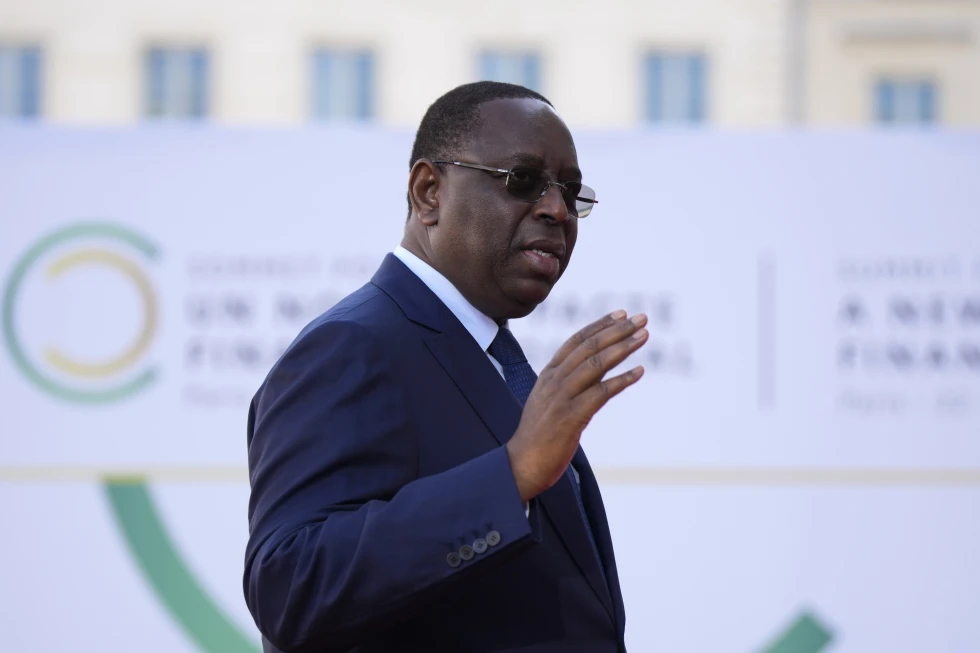As the ongoing migration crisis continues to aggravate, Senegal’s President Macky Sall has instigated a state of emergency in an urgent move to curtail the rising number of migrants making treacherous journeys via canoes to Europe. This directive was released through a communiqué after the Council of Ministers meeting on Wednesday.
In the communiqué, President Sall urged the government to swiftly enact comprehensive measures encompassing security, economics, finance, and social affairs. This is aimed at bringing a halt to the mass exodus of emigrants departing from national borders.
The initiative will require the collective efforts of the Ministers of the Interior, the Armed Forces, Youth and Fisheries. This multi-faceted approach corresponds with the country’s objective to tackle unauthorized migration, a strategy that was unveiled by the government in July of this year.
Senegal, an emerging West African nation under President Sall’s governance, is grappling with an unexpected surge of residents electing sea travel to seek refuge at the Canary Islands, a Spanish archipelago recognised as the gateway to Europe.
Regular updates from the press reveal the routine arrivals of precarious pirogues in the Canaries, not to mention numerous interceptions and rescues in the Atlantic waters off Senegal and the Canaries. This high-risk endeavour by migrants has sadly not been without its tragedies.
On a disturbing note, local press reports have carried accounts of the extensive disappearance of migrants from Bargny, situated on the eastern coast of Dakar. However, the authorities didn’t relay any confirmation regarding these disturbing incidences.
The national migration predicament has been forcefully thrown into the spotlight as a significant topical issue within the current political campaign for the forthcoming presidential election in February 2024. The presidential candidate for the incumbent regime is Prime Minister Amadou Ba, who will vie to succeed President Sall.
Worryingly, the Canary Islands have marked a formidable increase in migrant arrivals since 2006. As pointed out by the Spanish Ministry of the Interior, migrant arrivals have exceeded 30,705 individuals from January 1 to October 31. This is a staggering ascent of 111% compared to the same period the previous year.
The European coastguard and border guard agency, Frontex, reports that a significant two-thirds of these migrants are originating from sub-Saharan Africa, with Senegalese and Moroccans forming the majority demographics.
While the Senegalese government strengthens its efforts to manage the massive migration outflows, the eventual solutions and their implementation remain a subject of paramount importance, not just for Senegal, but for Africa as a continent and its international partners.





